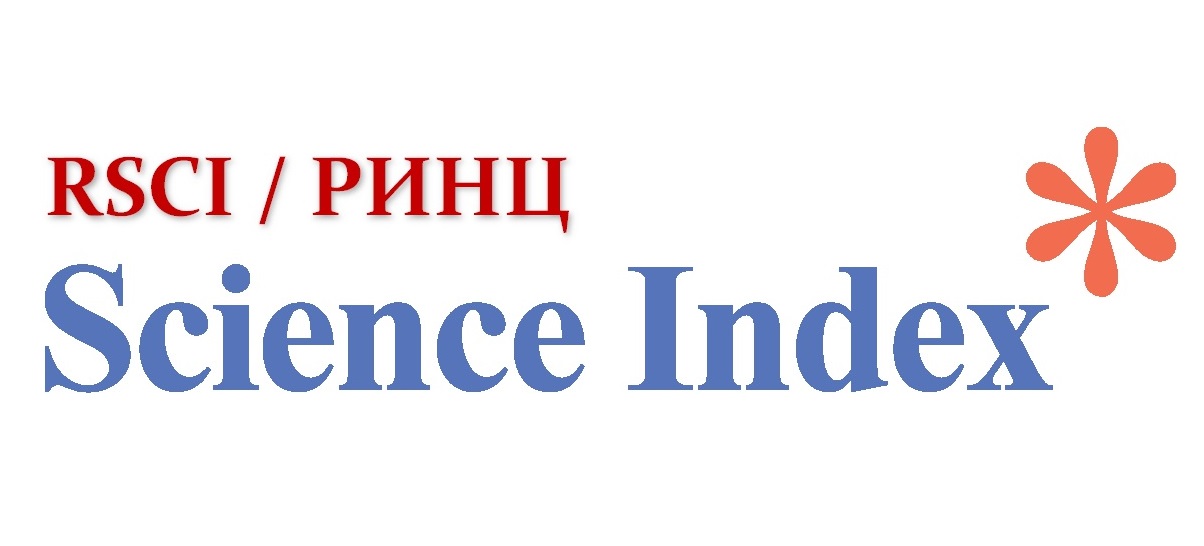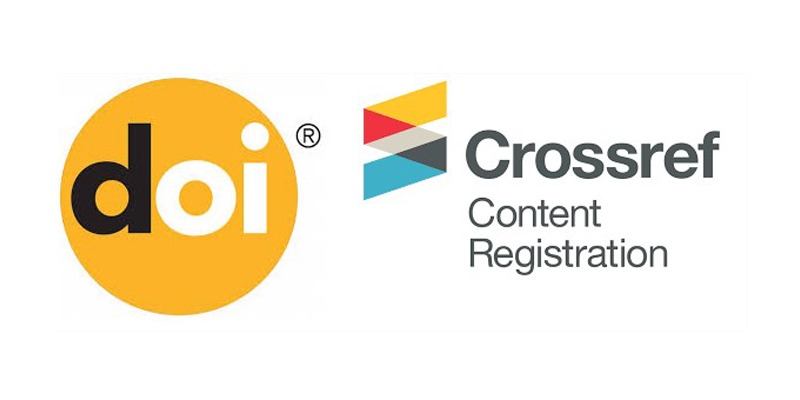Effectiveness of the mechanism of state support of the sphere of culture: subsidizing the film industry.
Views: 214 / PDF downloads: 159
DOI:
https://doi.org/10.32523/2789-4320-2025-2-295-313Keywords:
Film financing, Government subsidies, Private investment, EfficiencyAbstract
Today, the practice of state subsidization of cinematography is becoming more complex and controversial. Even though government agencies continue to provide financial support to national film production, considering it as a cultural asset worthy of protection, they face a fundamental dilemma. After the adoption of the sectoral law "On Cinematography" in 2019, the national cinema in Kazakhstan is supported by the State Center for the Support of National Cinema. The article analyzes the mechanism of subsidizing the film industry over the past 5 years. The purpose of this article is to test the hypothesis that government financing does not contribute to increasing the profitability or box office of films in Kazakhstan. To calculate the effectiveness of invested funds in the form of subsidies, the calculation of the return on investment ratio (ROI) was used — this is a financial indicator used to assess the effectiveness of investments. The analysis also uses a qualitative method, SWOT analysis, and various official and unofficial primary sources, including news reports from the media, government documents, and articles written by experts. The analysis revealed that the main threat is the lack of transparency of the subsidy system, the lack of economic and commercial indicators, which leads to low motivation of producers in promoting films. An analysis of regulatory legal acts in the field of cinematography shows that government policy is not focused on ensuring the profitability of film projects. The article provides certain recommendations for improving the effectiveness of state support for the cultural sector in the form of subsidies.
Downloads
Downloads
Published
How to Cite
Issue
Section
License
Copyright (c) 2025 М. Аргынбеков, А. Зейнельгабдин, M. Irisbekova

This work is licensed under a Creative Commons Attribution-NonCommercial 4.0 International License.






